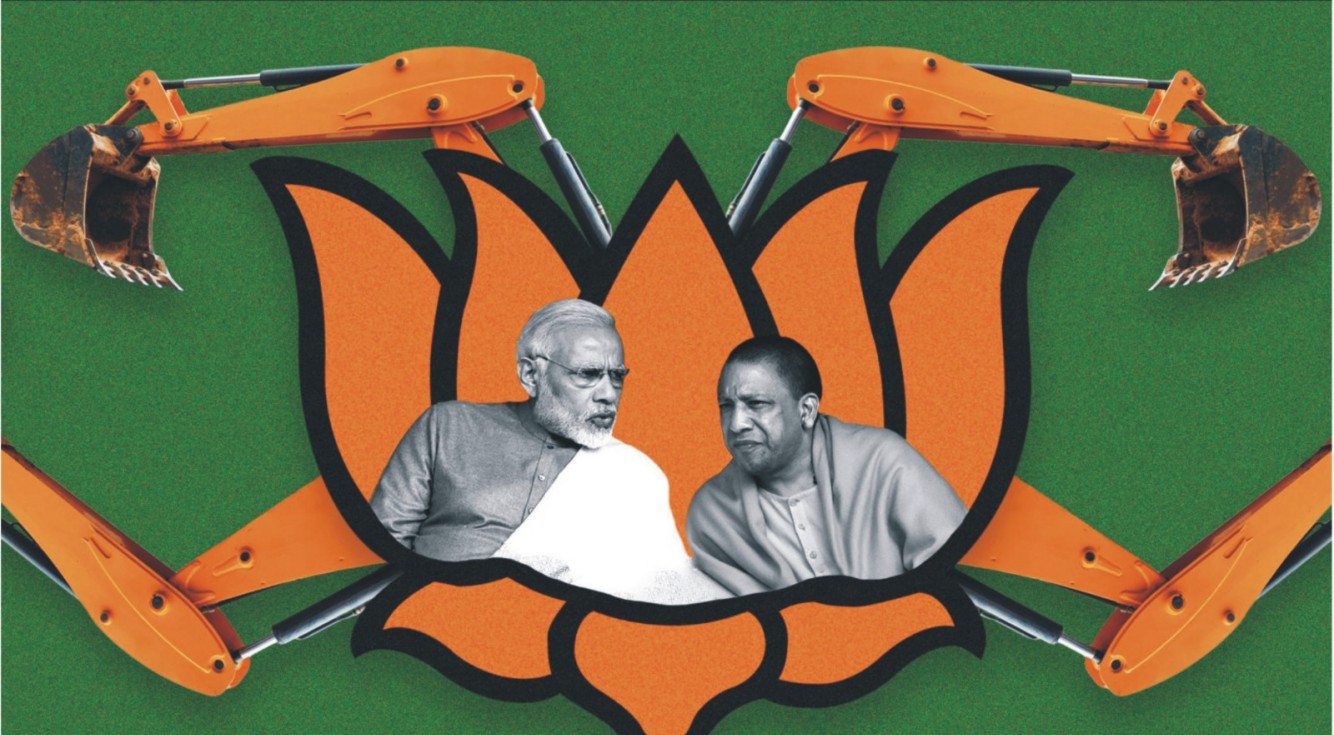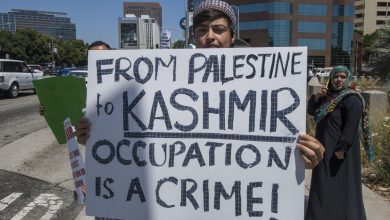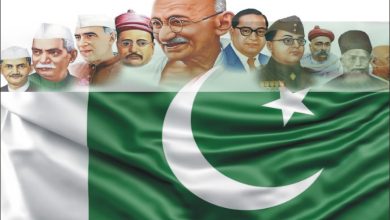‘Modi’s revocation of Article 370: A step towards settler colonialism in IIOJK’
#IIOJKColonization

Islamabad: India has maintained a colonial approach to occupied Jammu and Kashmir since the partition of the Subcontinent in 1947.
According to Kashmir Media Service, the landing of Indian troops in Srinagar on October 27, 1947 against the wishes and aspirations of the Kashmiri people, is viewed as the onset of colonial occupation in the territory.
Critics highlight that Indian Prime Minister Narendra Modi’s government took a significant step in this ongoing colonization with the illegal revocation of Article 370 on August 5, 2019. This move is seen as part of a broader strategy by the ruling Bharatiya Janata Party (BJP) and its ideological mentor, the Rashtriya Swayamsevak Sangh (RSS), to alter the demographic landscape of Jammu and Kashmir.
Analysts argue that through a series of new laws, India is systematically advancing a settler colonialism agenda in IIOJK, drawing alarming parallels to policies implemented by Zionist regime in the Palestinian territories. The revocation of Article 370 is perceived as a mechanism to enable non-locals, particularly non-Kashmiri Hindus, to settle in IIOJK, fundamentally transforming its demographic fabric.
Human rights advocates and political analysts warn that these actions violate established United Nations resolutions and international laws, raising serious concerns about the legality of India’s policies in the occupied territory. There are increasing calls for the international community to take notice and address India’s settler-colonial project in occupied Jammu and Kashmir, urging immediate action to uphold the rights and identities of the Kashmiri people.








